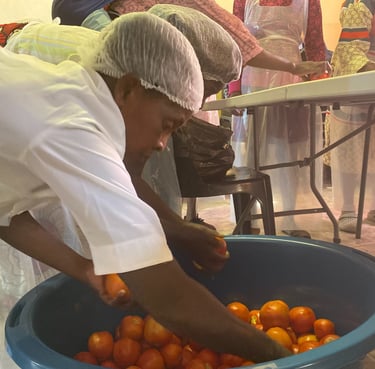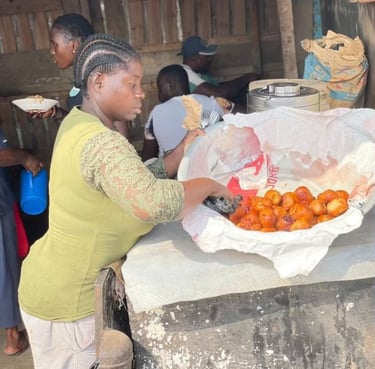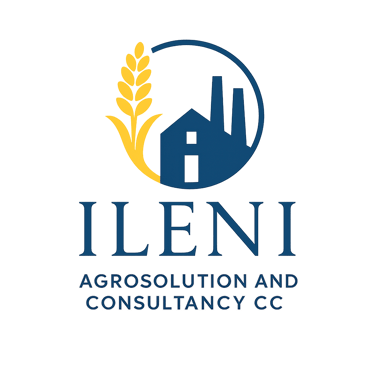Food safety


Food safety ensures that food is free from biological, chemical, or physical hazards that could cause harm, covering the entire supply chain from production to consumption. In Namibia, this aligns with the Namibia Food Safety Policy (2015), which adopts a 'farm-to-fork' approach to prevent illnesses, ensure traceability, and promote multi-sectoral coordination. Enforced under the Public and Environmental Health Act, it mandates hygiene standards and risk-based controls, with oversight from the Ministry of Health and Social Services (MoHSS) for domestic safety, the Ministry of Agriculture for exports and local authorities (municipalities, regional councils, and town councils) that implement locally the issuing of licenses for food premises, waste management, and environmental monitoring.


Unsafe practices have far-reaching impacts, particularly in Namibia's resource-limited sectors
For Business Owners and MSMEs: Contamination results in product spoilage, recalls, and market exclusions, amplifying financial losses and trapping operators in poverty due to reduced income and export barriers. Postharvest losses alone cost millions annually, affecting agroprocessing competitiveness.
For Consumers: Vulnerable populations, including children and the elderly in communal areas, risk foodborne illnesses like diarrhea or chronic diseases from contaminants. This worsens malnutrition and food insecurity.
For National Public Health: Outbreaks strain healthcare, with economic costs from treatment and lost productivity reaching 1-2% of GDP. Poor safety perpetuates inequalities, hindering Sustainable Development Goal 2 (Zero Hunger).
In Namibia, a food handler is any person involved in manufacturing, preparing, processing, storing, transporting, or serving food, as per the Food Safety Policy and hygiene regulations. They must undergo training and health checks to prevent contamination.
Who is a food handler in Namibia?




Focus area
Basic Food Safety Requirements and Prerequisite Programs (PRPs): PRPs include clean water, pest control, and waste management—foundational before HACCP.
Ensuring food regulatory compliance to protect consumers from hazards and create market access for food businesses.
Informal Fruit Vendor
Small Scale Food processors
Farmers
Informal Ready-To-Eat Vendor
Contact us
Your trusted partner in agroprocessing, nutrition, and food safety.
© 2025. All rights reserved.
+264 81 4917954
mayoo86m@gmail.com
ILeni Agrosolution & Consultancy CC
Company Registration: CC/2025/05699
